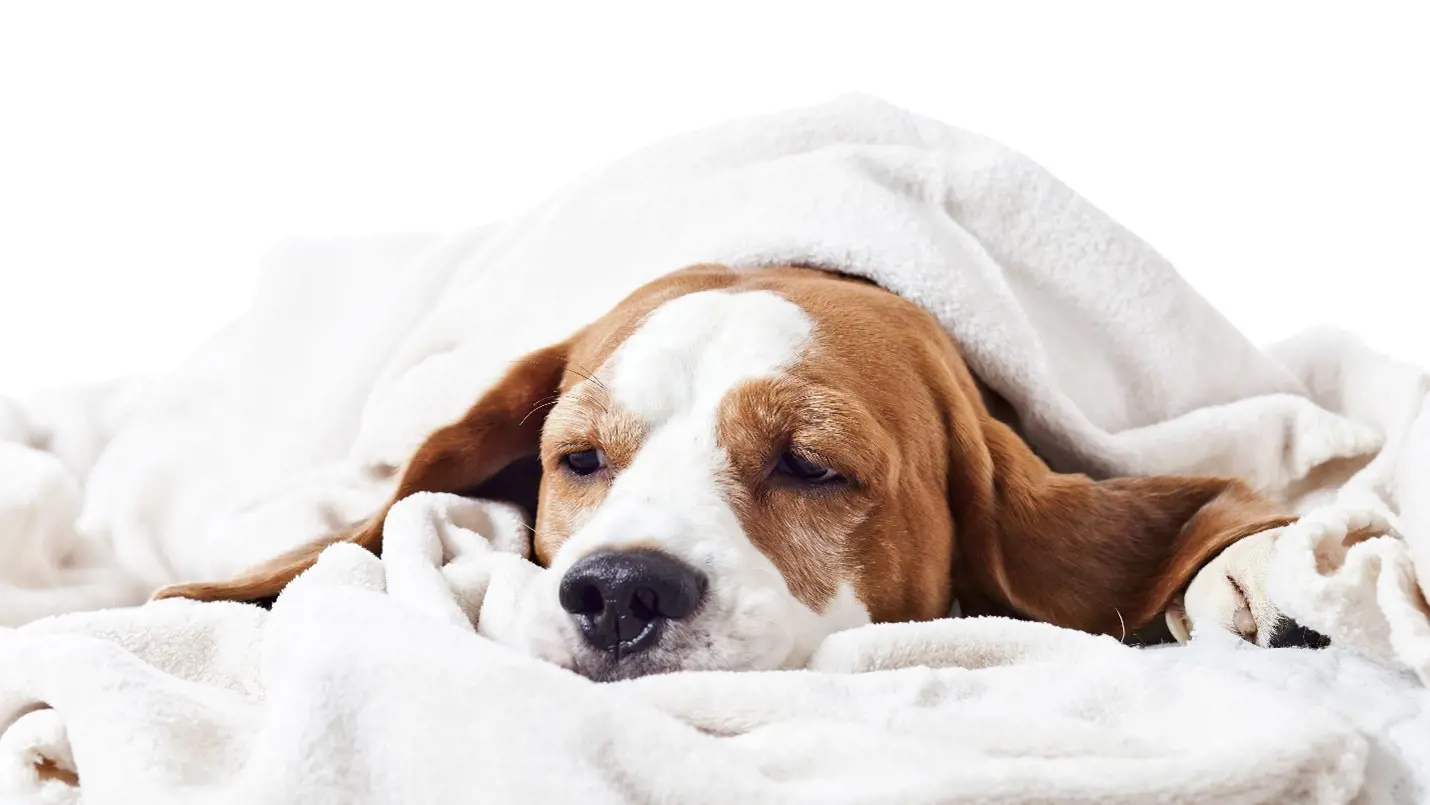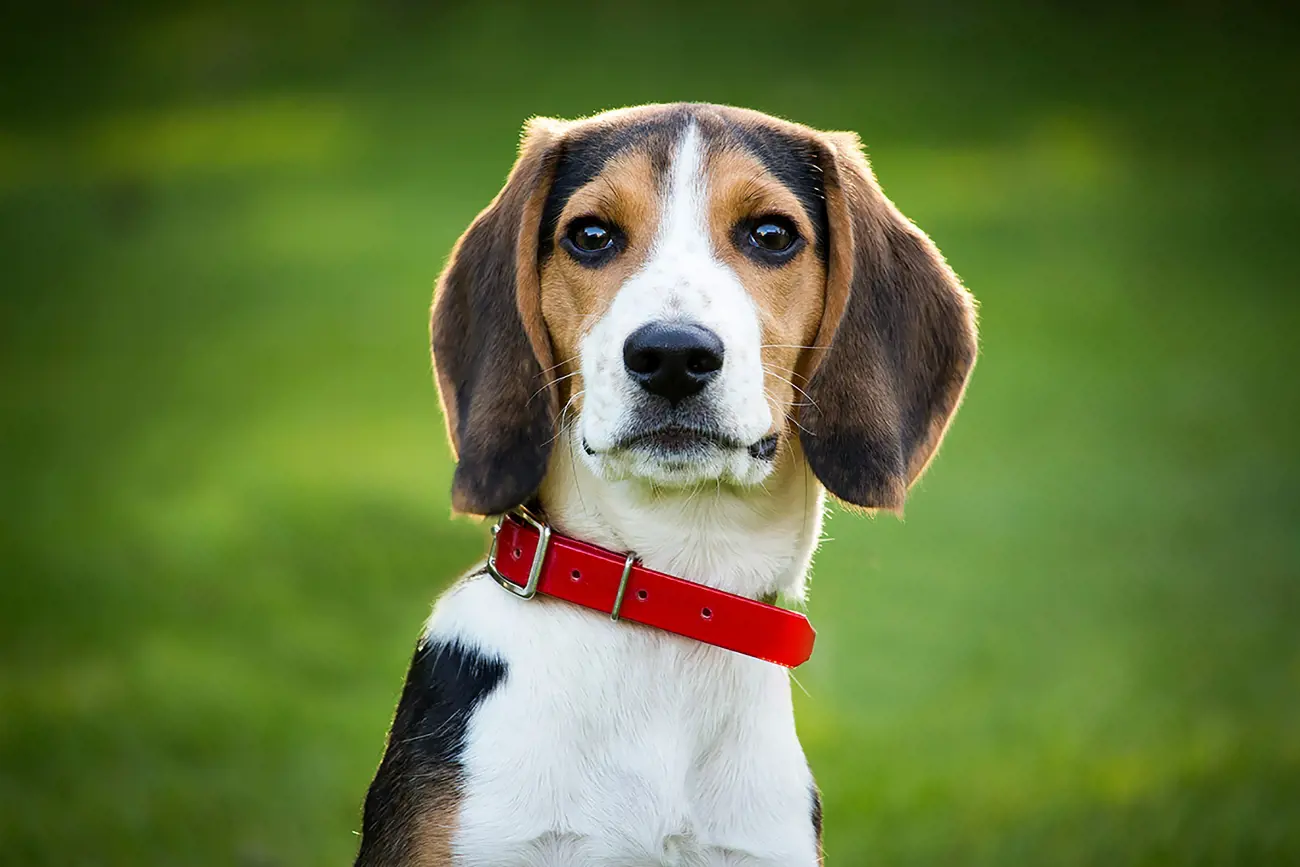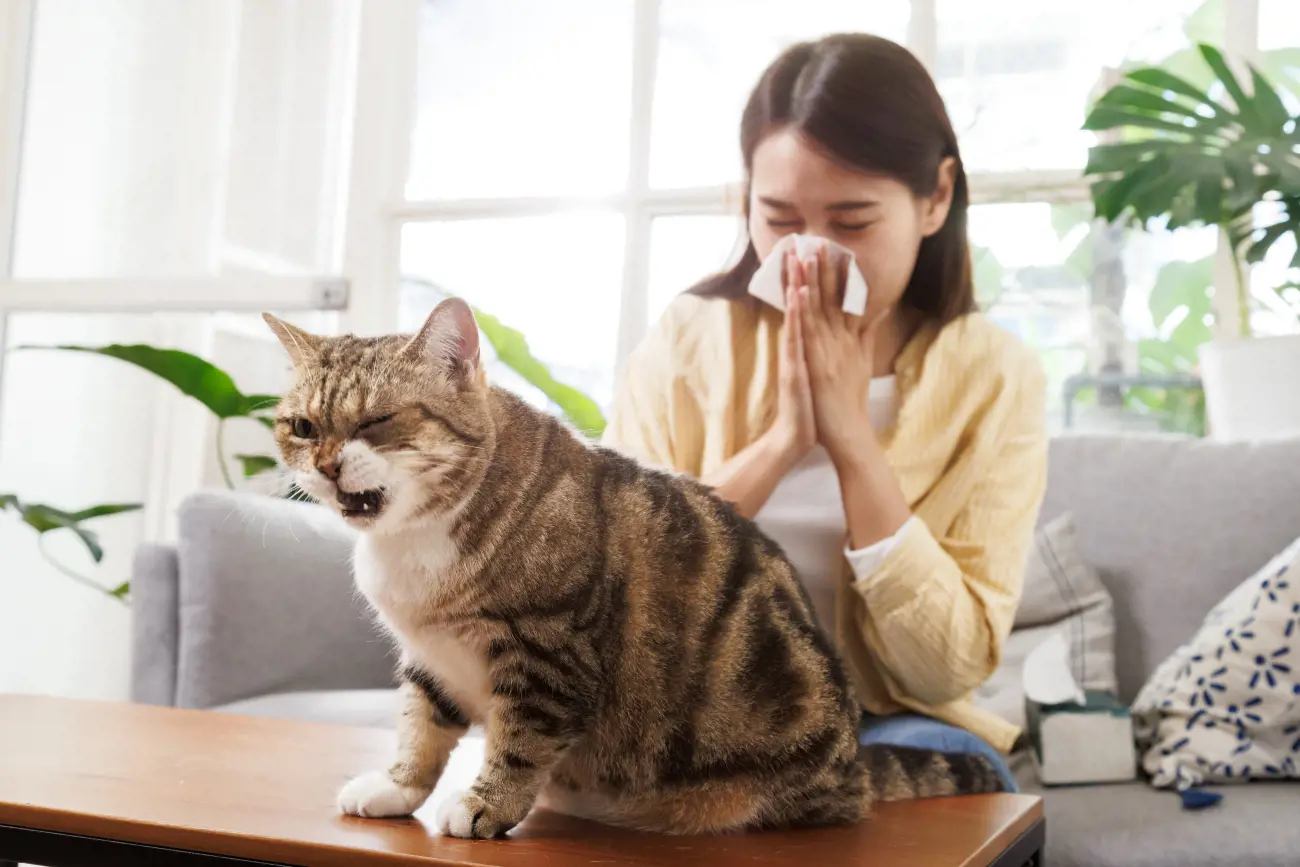Diarrhoea in dogs and cats: Causes, symptoms, and solutions
30th September, 2024

What is diarrhoea in cats and dogs?
When pets have diarrhoea, they get soft to watery poos and have to go to the toilet more frequently than normal. Diarrhoea is a common problem in cats and dogs, and it can be accompanied by vomiting. It’s often caused by something they ate that irritated their gut.
Understanding diarrhoea in dogs and cats
Diarrhoea is characterised by soft poos passed several times a day. It’s often associated with vomiting. We call this gastroenteritis. If your pet is otherwise well, in most cases they’ll get better within 24–48 hours. Diarrhoea is usually caused by something they ate and gets better with diet management.
- Stools can vary from pasty to watery
- The colour can be normal, yellow, dark brown, red or bloody
- It’s common to see a small streak of fresh blood mixed within the diarrhoea
- Your pet may show urgency to go to the toilet or have accidents in the house or outside the litter box
- They might strain to pass poo
- The diarrhoea may contain mucous and fresh blood – associated with large intestinal issues
- If the diarrhoea is very dark in colour, it suggests bleeding in the small intestine
- They may pass wind and have gurgly tummies
- They may also be vomiting and not want to eat
- They might show signs of tummy pain, like walking hunched, crying when being picked up or standing with front forelegs on the floor while standing on back legs. We call this “prayer position”
Causes of diarrhoea in dogs and cats
The most common causes of diarrhoea in dogs and cats are:
- Dietary indiscretions: Eating something they shouldn’t or a sudden change in food
- Food intolerances or allergies: When they react to an ingredient in their food
- Infections: Worms, virus and bacteria
- Obstructions caused by foreign bodies like toys, thread, rubber bands or an intussusception (when the gut rolls over itself)
- Ingesting toxins or reactions to medication
- Illnesses of other organs such as liver, kidneys and pancreas
Diagnosing diarrhoea in cats and dogs
Sometimes the cause of the diarrhoea will be known, and many cases can be successfully treated without identifying the cause. However, if the symptoms are severe or there is no response to standard treatment, the following tests may help determine the cause and target the treatment:
- Faecal test to check for specific infections and parasites
- Blood tests to check for metabolic or systemic disease
- X-rays or ultrasound scan to check for masses or foreign material
- Diet trial to check for food intolerance
Dietary factors and treatment
Mild, short term cases may only need to be on a bland diet for a few days. Bland foods like plain boiled chicken, white fish or scrambled egg can help by feeding them three to four times a day for 3-5 days, but prescription commercial foods from your vet are more complete and speed up recovery.
Pets that have frequent digestive issues or a chronic condition, such as food intolerance, food allergy or inflammatory bowel disease, may need to be on a special diet long-term. These foods are both hypoallergenic and easy to digest, and they reduce the inflammation in the gut, preventing ongoing damage.
Providing access to fresh water and offering rehydrating solutions for dogs may be helpful too. These contain electrolytes and encourage them to drink, avoiding dehydration. You may also want to consider giving your pet a probiotic for 3-5 days as well.
Speak to your vet or a veterinary nutritionist to discuss what might be the best options for your pet. Once the stools go back to normal, you can start reintroducing their normal food over a period of at least 4 days.
Specifically in relation to cats, if your cat is having diarrhoea because of a specific illness, they will need treatment for this. For example, if the diarrhoea is caused by worms, they will need all of the above as well as a good quality wormer.
Complications of diarrhoea in cats and dogs
The most common complication of diarrhoea is dehydration, which makes them feel very unwell and can disrupt the functions of the internal organs. If the diarrhoea and dehydration are severe, they quickly become life threatening.
Another common complication of diarrhoea is electrolyte imbalance, which can lead to weakness, confusion and life-threatening complications. Dehydration and electrolyte imbalances often happen together.
Inflammatory bowel disease and diarrhoea
Inflammatory bowel disease is a common cause of repeated episodes of diarrhoea. Episodes may be mild initially but tend to become more frequent and severe over time. Confirming IBD requires intestinal biopsies, but attempting treatment based on a suspected diagnosis can be an option.
Diet is an essential part of the treatment for IBD, but the best one to use depends on each individual cat and finding it may take a few trials. In many cases medication is also required to keep the gut inflammation under control.
When to seek veterinary care
See a vet if:
- Your pet has vomiting and diarrhoea and is looking unwell
- You have seen a small amount of blood in their poo
- Your pet is showing signs of pain such as
- Hunched walking
- Laying down with their front legs on the floor and their back end up in the air
- Crying when being picked up
- You are worried about a puppy or kitten under 12 months of age or an elderly dog or cat
- Your pet is well but not interested in food or water
- You need to discuss feeding during an episode of diarrhoea
- Your pet has had several episodes of occasional vomiting and diarrhoea
- You think your pet might have eaten something toxic or poisonous
- You see worms in your pet’s poo and would like to discuss worming treatments.
Emergency situations
Seek help from a veterinary practice immediately if:
- Your pet looks bloated
- They are passing large amounts of blood in their poo
- Your pet is very lethargic, weak or seems unaware of their surroundings
Veterinary treatment for feline and dog diarrhoea
In order to advise on what type of treatment is needed, your vet may recommend:
- Faecal tests: The poo is inspected for worms and bacteria that need special treatment.
- X-rays
- Blood tests
- Ultrasound scan of their tummy
- Diet trials to check for intolerance or allergy
The vet will ask you lots of questions and examine your pet to establish the cause. The tests above may be recommended. Depending on the cause of diarrhoea, your vet may recommend different treatments:
- Wormers
- Antibiotics and pain relief
- Medications to treat other problems, like vomiting
- Fluids given through a drip line into a vein
- Special foods and supplements
- Surgery may be advised to find out the cause of the problem or if they have a foreign body or mass.
Long-term management of chronic diarrhoea in cats and dogs
Cats and dogs that have frequent digestive issues or a chronic condition, such as food intolerance, food allergy or inflammatory bowel disease, may need to be on a special diet long-term.
These foods are both hypoallergenic and easy to digest, and they reduce the inflammation in the gut, preventing ongoing damage. Speak to your vet or a veterinary nutritionist to discuss what might be the best options for your pet.
Preventative measures
- Provide a consistent, good quality diet.
- Keep worming and vaccinations up to date.
- Do not allow access to food of unknown origin and avoid feeding human food
- Limit access to toxins, poisons and prey
- If feeding a raw diet, make sure it is well formulated and of a reputable provider.
- Provide toys that are hard to chew through like Kongs and for cats, provide toys without loose strings or elastic bands
- Have your cat regularly checked by a vet if they are on long-term medication. These should include blood and urine tests
Frequently asked questions
How long should diarrhoea last in dogs and cats?
Diarrhoea shouldn’t last more than a few days. If your pet has been having diarrhoea for more than 5 days, speak to your vet, even if they are otherwise well.
Should I be worried if my pet has diarrhoea but is acting fine?
Diarrhoea prevents a cat or dog from properly absorbing water and nutrients from their food. Their bodies have some reserves that help them cope with this, but if the diarrhoea is severe, keeps coming back or goes on for a long time these reserves will be spent and the body will start developing deficiencies. Speak to a vet if:
- They show any other signs of being unwell, such as being quieter than normal or not interested in food
- They have multiple episodes with a lot of diarrhoea within a few hours
- They have diarrhoea very frequently or all the time
Helpful Pages
Recent Posts

Why do Great Danes bury their heads?
12/03/25
Find out more about Beagles
28/02/25Pet Insurance Quote
- 98% claims paid *
- Claims paid directly to vets
- 24/7 vet video consultations
- Interest free monthly payments


